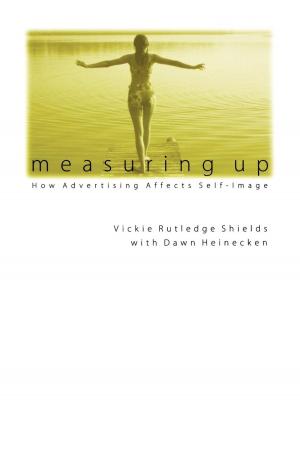Destructive Creation
American Business and the Winning of World War II
Business & Finance, Economics, Economic History, Nonfiction, History, Americas, United States, 20th Century| Author: | Mark R. Wilson | ISBN: | 9780812293548 |
| Publisher: | University of Pennsylvania Press, Inc. | Publication: | July 6, 2016 |
| Imprint: | University of Pennsylvania Press | Language: | English |
| Author: | Mark R. Wilson |
| ISBN: | 9780812293548 |
| Publisher: | University of Pennsylvania Press, Inc. |
| Publication: | July 6, 2016 |
| Imprint: | University of Pennsylvania Press |
| Language: | English |
During World War II, the United States helped vanquish the Axis powers by converting its enormous economic capacities into military might. Producing nearly two-thirds of all the munitions used by Allied forces, American industry became what President Franklin D. Roosevelt called "the arsenal of democracy." Crucial in this effort were business leaders. Some of these captains of industry went to Washington to coordinate the mobilization, while others led their companies to churn out weapons. In this way, the private sector won the war—or so the story goes.
Based on new research in business and military archives, Destructive Creation shows that the enormous mobilization effort relied not only on the capacities of private companies but also on massive public investment and robust government regulation. This public-private partnership involved plenty of government-business cooperation, but it also generated antagonism in the American business community that had lasting repercussions for American politics. Many business leaders, still engaged in political battles against the New Deal, regarded the wartime government as an overreaching regulator and a threatening rival. In response, they mounted an aggressive campaign that touted the achievements of for-profit firms while dismissing the value of public-sector contributions. This probusiness story about mobilization was a political success, not just during the war, but afterward, as it shaped reconversion policy and the transformation of the American military-industrial complex.
Offering a groundbreaking account of the inner workings of the "arsenal of democracy," Destructive Creation also suggests how the struggle to define its heroes and villains has continued to shape economic and political development to the present day.
During World War II, the United States helped vanquish the Axis powers by converting its enormous economic capacities into military might. Producing nearly two-thirds of all the munitions used by Allied forces, American industry became what President Franklin D. Roosevelt called "the arsenal of democracy." Crucial in this effort were business leaders. Some of these captains of industry went to Washington to coordinate the mobilization, while others led their companies to churn out weapons. In this way, the private sector won the war—or so the story goes.
Based on new research in business and military archives, Destructive Creation shows that the enormous mobilization effort relied not only on the capacities of private companies but also on massive public investment and robust government regulation. This public-private partnership involved plenty of government-business cooperation, but it also generated antagonism in the American business community that had lasting repercussions for American politics. Many business leaders, still engaged in political battles against the New Deal, regarded the wartime government as an overreaching regulator and a threatening rival. In response, they mounted an aggressive campaign that touted the achievements of for-profit firms while dismissing the value of public-sector contributions. This probusiness story about mobilization was a political success, not just during the war, but afterward, as it shaped reconversion policy and the transformation of the American military-industrial complex.
Offering a groundbreaking account of the inner workings of the "arsenal of democracy," Destructive Creation also suggests how the struggle to define its heroes and villains has continued to shape economic and political development to the present day.















